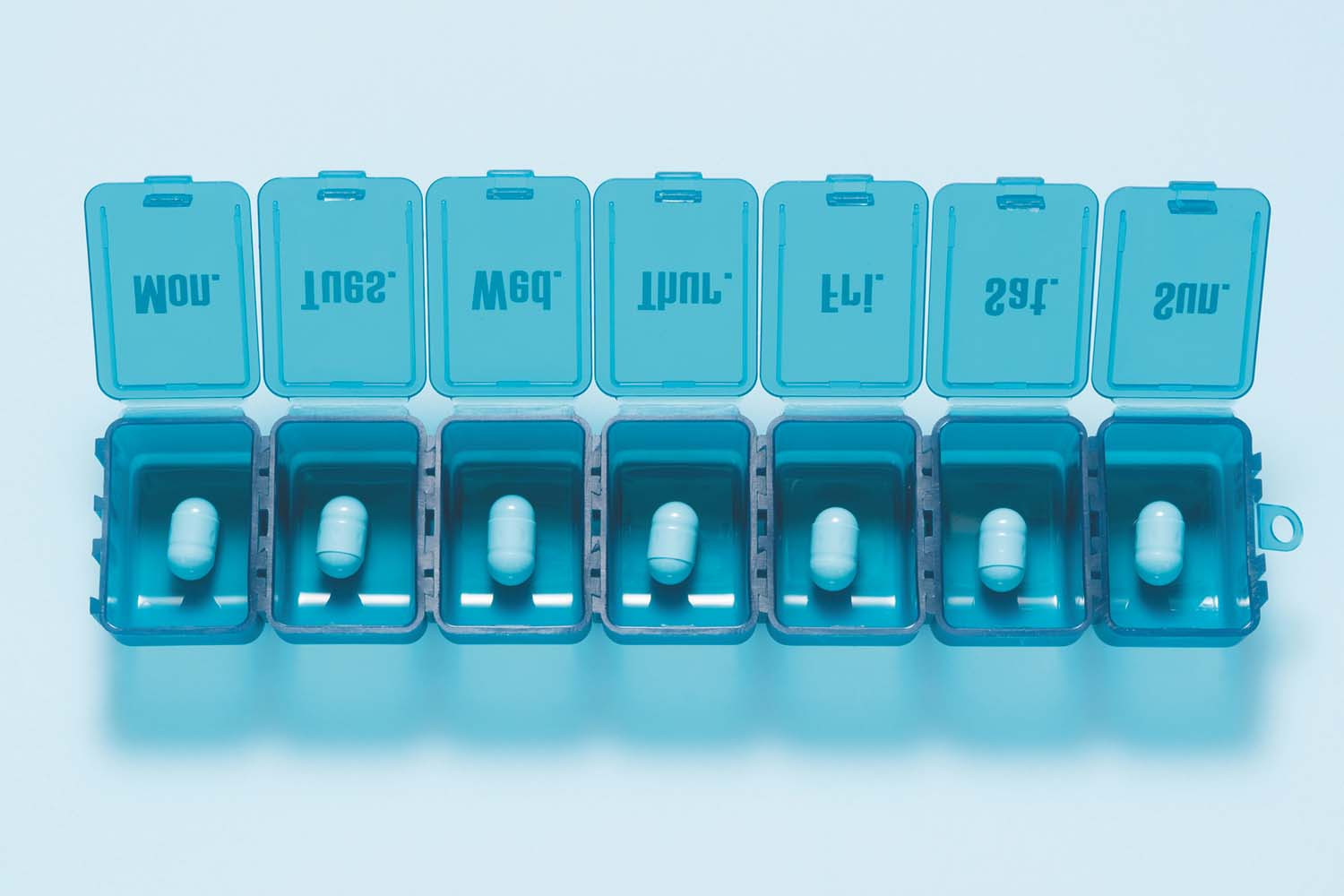
Counting steps is good — is combining steps and heart rate better?

Appendix pain: Could it be appendicitis?

Can saw palmetto treat an enlarged prostate?

How does Ozempic work? Understanding GLP-1s for diabetes, weight loss, and beyond

Zinc: What it does for the body, and the best food sources

Respiratory health harms often follow flooding: Taking these steps can help

Tips to leverage neuroplasticity to maintain cognitive fitness as you age

Can white noise really help you sleep better?

Celiac disease: Exploring four myths

What is prostatitis and how is it treated?
Staying Healthy Archive
Articles
When should you hire in-home help or health aides?
Most people want to live at home for as long as possible as they age, and managing this successfully may mean hiring outside help. Considering this step raises many questions, and answering them honestly will help guide decisions about when and how to proceed.
Try this: Progressive muscle relaxation for sleep
People with insomnia can quiet a racing mind or relax a tense body with progressive muscle relaxation, which involves gradually tensing and relaxing muscles, beginning with the toes and working up the body.
Stay safe playing pickleball
Pickleball continues to soar in popularity, especially among older adults. Unfortunately, more playing can lead to court-related injuries, the most common being strains and sprains in the legs and knees, and wrist sprains and fractures from falls. Pickleball injury prevention is threefold: performing lower-body strength exercises, such as lunges, squats, and heel raises, at least twice a week; doing a dynamic warm-up before playing; and working on agility and balance, which can help improve footwork and reduce the risk of falling.
Curcumin supplements might ease meal-related discomfort
A small randomized trial in 2023 found that taking two 250-mg capsules of curcumin four times a day was as effective at relieving dyspepsia symptoms as taking one daily 20-mg dose of the heartburn medication omeprazole (Prilosec, Zegerid).
Stopping a medication? Check first, quit safer
Abruptly stopping a medication can be risky and even life-threatening. For example, suddenly discontinuing certain drugs can cause a rebound effect, meaning that symptoms or problems that were controlled—such as high blood pressure or heartburn—can return with a vengeance. Stopping some medications, such as prescription painkillers or antidepressants, might result in withdrawal symptoms. Before quitting any drug cold turkey, it's important to consult with a doctor to make sure that it's safe.
How can I reduce my number of daily medications?
Many people end up taking a long list of medications when they might be able to safely reduce the number of daily pills. Reviewing medications with their specialists and primary care doctor can help determine which drugs may be reduced or perhaps discontinued.

Counting steps is good — is combining steps and heart rate better?

Appendix pain: Could it be appendicitis?

Can saw palmetto treat an enlarged prostate?

How does Ozempic work? Understanding GLP-1s for diabetes, weight loss, and beyond

Zinc: What it does for the body, and the best food sources

Respiratory health harms often follow flooding: Taking these steps can help

Tips to leverage neuroplasticity to maintain cognitive fitness as you age

Can white noise really help you sleep better?

Celiac disease: Exploring four myths

What is prostatitis and how is it treated?
Free Healthbeat Signup
Get the latest in health news delivered to your inbox!
Sign Up











